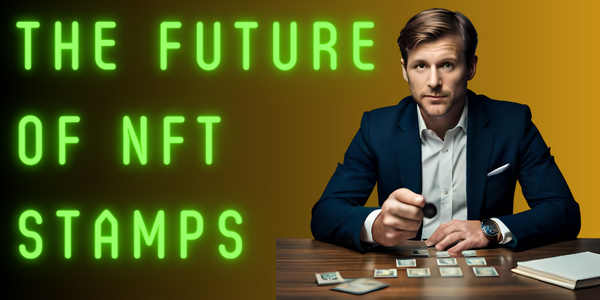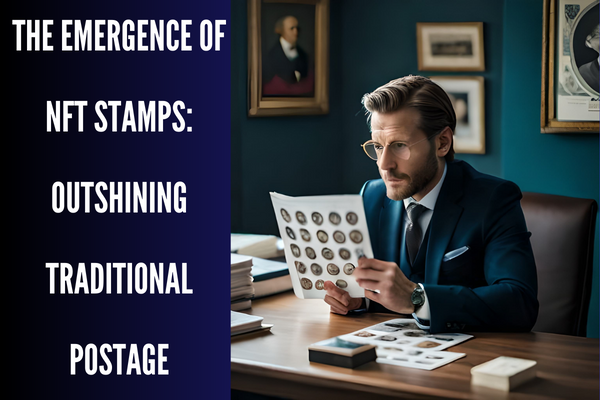
The world of collectibles is witnessing a digital revolution, with Non-Fungible Tokens (NFTs) emerging as the new frontier in asset ownership and trading. Among the various digital assets gaining prominence, NFT stamps are quickly becoming a popular choice for collectors and investors alike. This article delves into the rising popularity of NFT stamps, particularly Bitcoin stamps, and explores the factors driving their increasing dominance over traditional ordinals.
A Brief Overview of Non-Fungible Tokens (NFTs)
NFTs are unique digital assets that represent ownership of a specific item or piece of content, such as digital art, virtual real estate, or even tweets. Each NFT is distinct and cannot be exchanged on a one-to-one basis with another NFT. Blockchain technology is used to verify the authenticity and ownership of NFTs, providing an immutable record of provenance.

NFT Stamps: Revolutionizing Philately
NFT stamps represent the digitalization of traditional physical stamps, offering an innovative and secure alternative for collectors. These digital stamps retain the essence of traditional stamp collecting while providing the benefits of digital assets. The uniqueness of each NFT stamp, coupled with the secure ownership verification provided by blockchain technology, makes them highly appealing to collectors.
Bitcoin Stamps: Merging Cryptocurrency and Philately
Bitcoin stamps are a niche category within the NFT stamp market, featuring designs inspired by Bitcoin, the leading cryptocurrency. This intersection of cryptocurrency and philately has generated significant interest among both stamp collectors and crypto enthusiasts. The synergistic effect of these two markets has contributed to the rising demand for Bitcoin stamps, driving their growing popularity.
Comparing NFT Stamps and Traditional Stamps
There are several factors that differentiate NFT stamps from traditional stamps, contributing to their rising appeal:
- Security and Authenticity: NFT stamps leverage blockchain technology to ensure secure and verifiable ownership, making them less susceptible to counterfeiting and fraud.
- Global Accessibility: Unlike traditional stamps, which may be subject to geographical limitations, NFT stamps can be easily bought, sold, and traded on global platforms, expanding the market for collectors.
- Immunity to Physical Damage: Digital assets like NFT stamps are not subject to physical damage, such as fading or tearing, ensuring their long-term value is preserved.
- Creative Freedom: NFT stamps offer artists a new platform for artistic expression, resulting in unique and captivating designs that appeal to a broader audience.
Challenges and Concerns
Despite their advantages, NFT stamps also face some challenges:
- Environmental Impact: The energy consumption of blockchain networks, particularly those utilizing proof-of-work algorithms, has raised environmental concerns.
- Legal Framework: There is a need for a comprehensive legal framework to protect the rights of collectors, artists, and other stakeholders in the NFT stamp ecosystem.
- Market Volatility: The rapidly evolving nature of the NFT market, coupled with price volatility, can make it challenging for investors and collectors to navigate.

The Future of NFT Stamps
As technology progresses and the adoption of digital assets increases, NFT stamps are likely to play a significant role in the evolution of stamp collecting. With more artists and designers embracing this new medium, and ongoing advancements in blockchain technology, NFT stamps are set to redefine the way people collect and appreciate stamps.
The growing popularity of NFT stamps, especially Bitcoin stamps, is a testament to the transformative potential of digital assets in the collectibles market. By combining the benefits of blockchain technology with the appeal of digital collectibles, NFT stamps offer a unique and secure alternative to traditional stamps. As the world continues to embrace digitalization, NFT stamps are poised to play a pivotal role in shaping the future of philately. Collectors, artists, and investors alike can look forward to new opportunities and innovative developments in this rapidly evolving domain, as NFT stamps continue to gain traction and reshape the landscape of stamp collecting.





